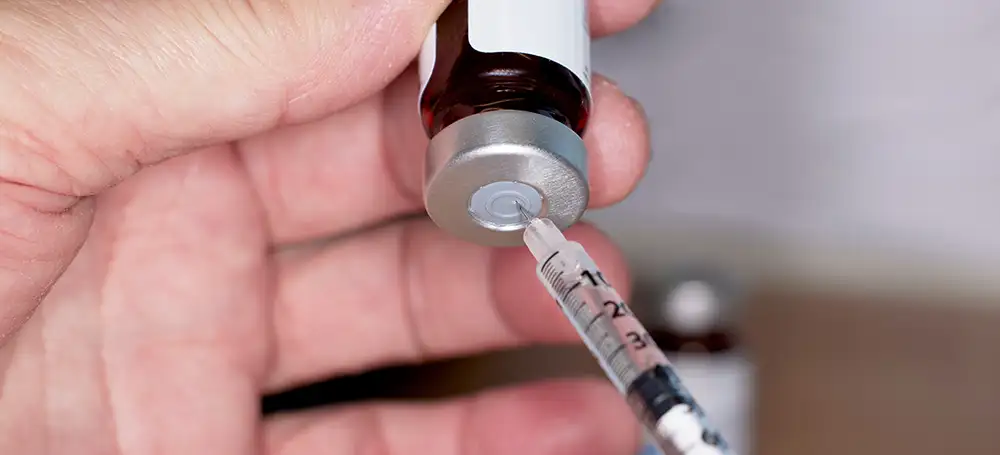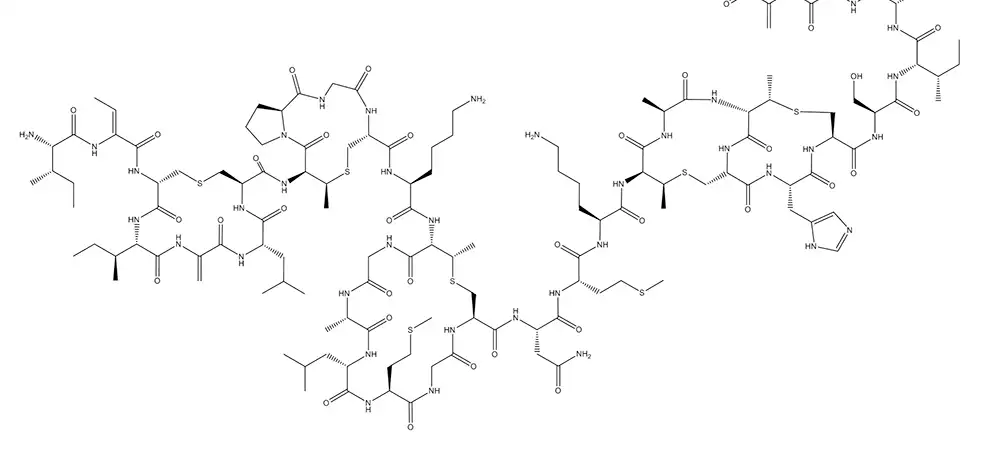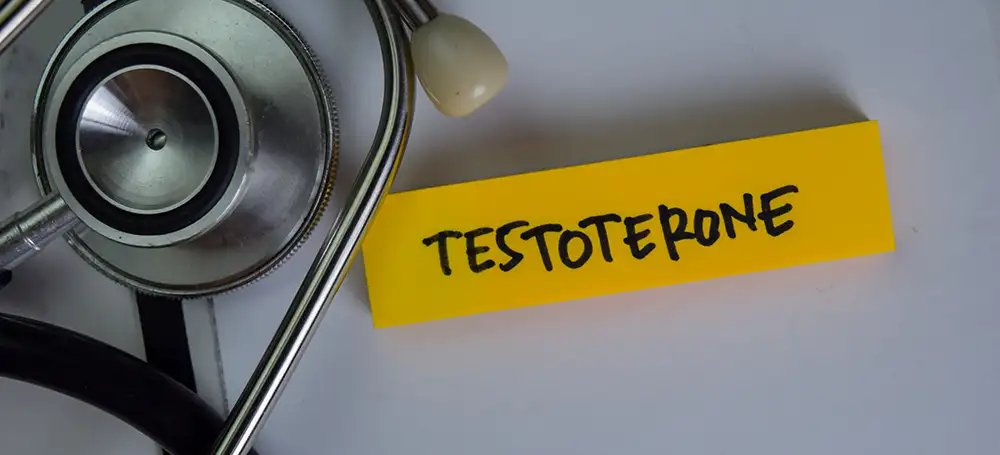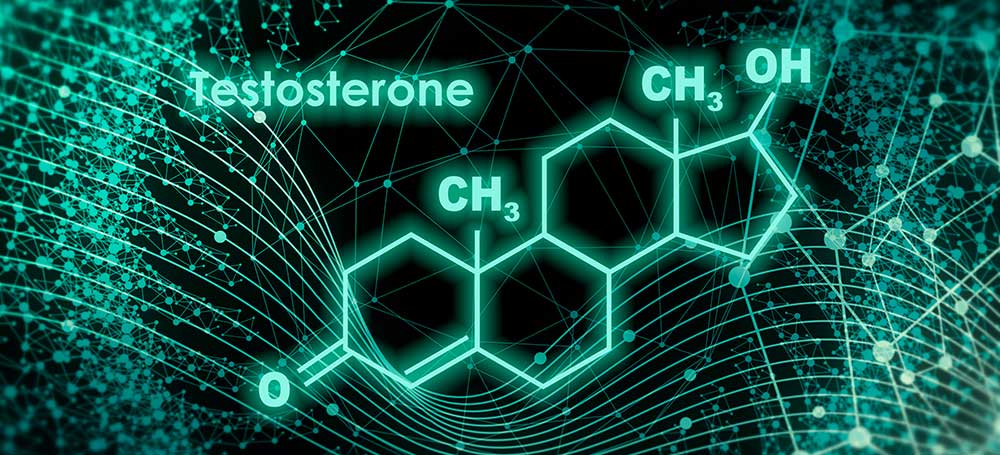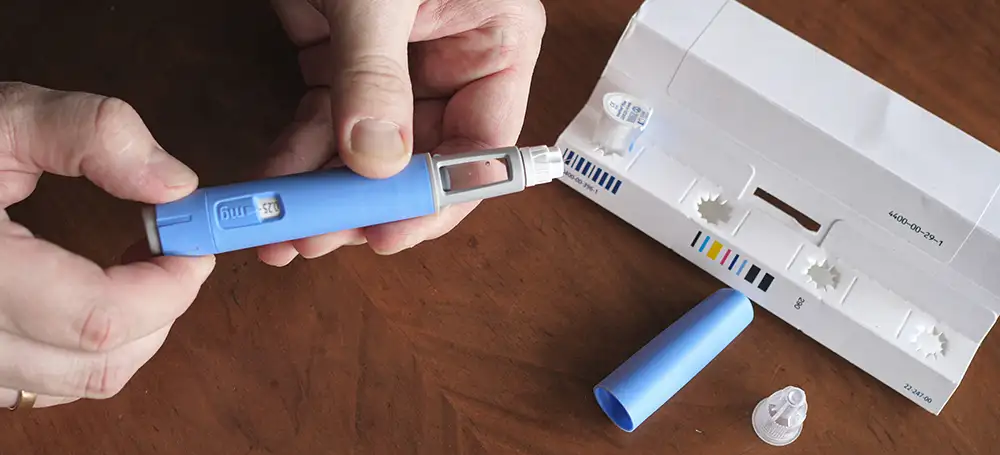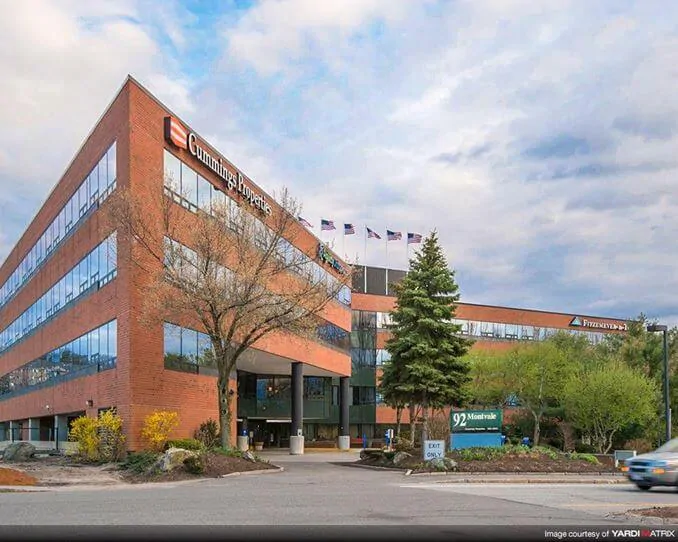You’ve heard about testosterone replacement therapy. And maybe you’ve got some questions floating around in the back of your mind. You’ve been getting tired so easily. Sometimes it seems hard to complete your workout at the gym, and you really feel it the next day. You’ve had to loosen a notch on your belt. And every now and then, in the bedroom… well, you don’t want to dwell on some of those recent incidents.
But you have to wonder: Is there something wrong with your testosterone levels? Could that be the answer that ties together your lack of energy, your lowered sex drive and all of what you’ve been experiencing?
You could be right. If you’re a man in Massachusetts wondering whether you should look into testosterone replacement therapy and want to know more about it, we have answers for you. Getting answers starts with asking the right questions. You can start with these nine key questions regarding your symptoms and what you can do about them.
1. What Symptoms Are You Experiencing?
If you think you may have low testosterone, you’re probably experiencing a series of symptoms. Low testosterone usually makes its presence known with some pretty clear signs, which can include:
- Decreased sex drive
- Fatigue and exhaustion
- Depression
- Erectile dysfunction
- Weight gain (especially around the belly)
- Type 2 diabetes
- Loss of muscle mass and strength
- Mood swings
- Irritability
- Low self-esteem
- Loss of mental focus
- Thinning body and facial hair
Low testosterone can also result in symptoms that may not be as obvious. You can’t feel the osteoporosis or thinning of your bones, but that doesn’t mean it isn’t happening. Low testosterone can also play a role in heart disease, stroke and prostate cancer.
Of course, many of these symptoms are attributable to many other causes. Your loss of concentration could have many causes, and the reason for your recent weight gain could be evident on your lunch plate every day.
But if you’re experiencing several of these symptoms at the same time, and especially if they include the more noticeable sexual symptoms of testosterone deficiency, such as erectile dysfunction, you should get your testosterone levels checked.
2. Is Your Testosterone Low?
Testosterone levels become low when your body stops producing testosterone. This can happen as a result of injury, illness, chemotherapy or just because you’re getting older. There’s only one reliable way to tell if your testosterone is low, and that’s to have a blood test.
If you have physical or mental health symptoms that indicate the possibility of low testosterone, your doctor will want to test your testosterone levels. Typically this is done first thing in the morning, because that’s when testosterone levels are naturally at their highest.
Your doctor will be looking for testosterone levels that hit at least 300 nanograms per deciliter (ng/dL) of blood. This number denotes the lower end of normal, with the normal range going up to 1,000 ng/dL. If your blood tests reveal lower numbers, you’ll be diagnosed with low testosterone or testosterone insufficiency.
3. Is Low Testosterone Just Part of Aging?
You may find that dealing with low testosterone is inevitable. Doesn’t a decrease in testosterone happen to everyone with age?
The answer is partially “yes.” At least 25% of men over 30 show low testosterone results, and testosterone does drop naturally every year. Most men experience a drop of about 1% per year on average. So what is happening to you may be natural.
However, there are other reasons testosterone levels can drop, and some of them require urgent medical attention. Your decrease in testosterone levels could be caused by pituitary or prostate cancer or by HIV/AIDS. Chemotherapy can cause testosterone insufficiency, as can an injury to the testicles. Some men find that a decrease in testosterone is linked to obesity, extreme weight loss or substance abuse.
Even though the primary trigger for low testosterone is aging, your doctor will want to rule out these other possible causes before proceeding with any type of treatment.
4. What Can You Do to Boost Your Testosterone Levels?
Many of the natural ways to help keep your testosterone levels healthy fall into the general category of keeping your whole body healthy. Practicing good sleep hygiene, minimizing stress in your life, losing weight as needed and maintaining a regular exercise regimen are all healthy habits that can help boost testosterone.
You’ve probably seen ads for various supplements claiming to increase testosterone levels. Be very careful before you respond to these ads, though. Many of the products being hyped can actually be dangerous, and others do, well, pretty much nothing to help you. Before you consider taking any supplements, you should discuss them thoroughly with a doctor who’s familiar with your personal medical issues.
But don’t worry — those who-knows-what’s-in-the-bottle supplements and heading to the gym aren’t your only options when it comes to low testosterone levels. Testosterone replacement therapy is a safe medical treatment for men diagnosed with testosterone deficiency.
5. How Does Testosterone Replacement Therapy Work?
Testosterone replacement therapy works by adding testosterone into your bloodstream to replace the hormones your body has stopped producing naturally. It’s the standard therapy for men who have abnormally low testosterone levels.
Testosterone replacement therapy can be delivered in several ways. Depending on your own lifestyle preferences and the degree to which you want to “set it and forget it,” you can choose between the following delivery methods for hormone replacement:
- Testosterone injections. If you want to forget about your testosterone treatment for anywhere from two to 10 weeks at a time (and you don’t mind needles), this may be your delivery system of choice. Expect to head to your men’s health clinic for your treatments as needed.
- Testosterone gel. This delivery system is one you can administer to yourself at home. The gel gets absorbed through your skin when you rub it on your arm or shoulder every day. However, it can be dangerous if others in your household handle the gel, so it may not be the best choice if you have children at home.
- Testosterone patches. These patches are also designed for use at home. While they contain a type of testosterone gel, they’re safer and less messy than using just the gel. When you place them on your upper arm, they deliver testosterone through your skin, just like a nicotine patch.
- Testosterone pellets. Your men’s health clinic applies these pellets under your skin (typically under the skin of your buttocks), where they dispense testosterone slowly over the course of several months.
6. How Would Testosterone Replacement Therapy Benefit You?
Testosterone replacement therapy has some obvious benefits that you will notice very quickly. If you’ve been experiencing erectile dysfunction and issues with your sex drive and sexual performance, you’ll see those problems turn around as your body adjusts to your new testosterone levels. You’ll also start to feel more vital and healthy, with improved energy levels and ability to concentrate, and you may notice that your depression, mood swings and irritability start to fade away.
Not all the benefits of testosterone replacement therapy are visible or visceral, though. Your bone density will improve, protecting you against an increased chance of broken bones, but you likely will not be aware of this change. Your red blood cells will get healthier, and your muscle mass will improve.
Most men experience a boost in their cognitive functioning when they start testosterone replacement therapy. Your spatial, verbal and mathematical reasoning should improve, as should your memory. In fact, studies have shown that your risk for Alzheimer’s disease decreases with testosterone replacement therapy. Overall, you can expect improved quality of life across the board once you address your testosterone deficiency with hormone therapy.
7. How Long Does Testosterone Replacement Therapy Take to Begin Working?
You should start to see the effects of testosterone replacement therapy within three weeks or so, though some symptoms may start to clear up more quickly. Sexual dysfunction symptoms may take a couple of months to resolve.
The time it takes for you to feel and notice the effects depends in part on the method of delivery that you’ve chosen for your testosterone replacement therapy. Ask your doctor what symptoms you can expect to see clearing up first and how long the full array of results will take. Your doctor should monitor your progress, especially during the first weeks and months of your hormone therapy.
8. Are There Side Effects to Testosterone Replacement Therapy That You Should Be Aware of?
While most men feel that the benefits of testosterone replacement therapy far outweigh the side effects, you should be aware of symptoms to keep an eye out for. You may experience increased acne or oily skin (just like when you hit puberty and your testosterone production revved up). Some men experience a shrinkage of their testicles or changes in their urination.
A few potential side effects may be worth discussing with your doctor. For some men, testosterone therapy increases their level of aggression. It can also increase your risk of a heart, stroke or prostate gland abnormalities. Ask your doctor what adverse reactions you should be aware of. Your doctor can also discuss the possibility of inflammation at the site of your injection or implant, depending on your mode of delivery.
9. Are You a Good Candidate for Testosterone Replacement Therapy?
If you have the symptoms of low testosterone and blood tests reveal that you indeed have a testosterone deficiency, you’re probably a good candidate for testosterone replacement therapy.
However, if you have prostate cancer, an enlarged prostate, heart disease or sleep apnea, testosterone replacement therapy may not be appropriate for you.
Testosterone Replacement Therapy in Boston, MA
At Boston Vitality, we’re ready to answer all your questions about testosterone replacement therapy and about your concerns about hormonal issues. There’s no need to trust your health to medical spas selling Botox — not when our medical expertise is available to help you make decisions about your body.
We want you to know that you have options. We can help you get back to feeling normal and to determine whether testosterone replacement therapy is right for you. There’s no need to live with erectile dysfunction, a decreased sex drive, weight gain, fatigue, a loss of muscle mass, irritability, sleep issues, a loss of concentration, or any of the other symptoms of testosterone deficiency.
Our world-class, board-certified urologist, Dr. Michael Zachareas, and the rest of our medical staff have the expertise to understand what you’re going through and the compassion to listen to your concerns. We stay up to date with the latest on testosterone replacement therapy so we can bring you cutting-edge treatment.
If you’re a man in the greater Boston area, contact us today to ask any questions about testosterone replacement therapy and testing for low testosterone. We are here for you.




